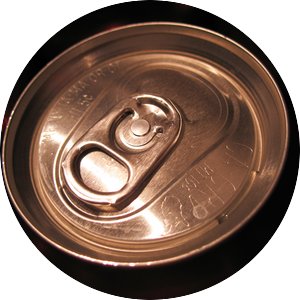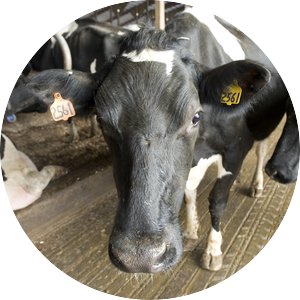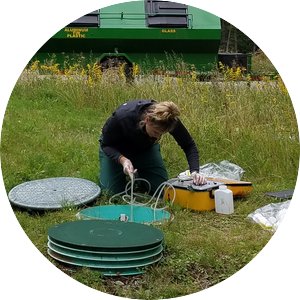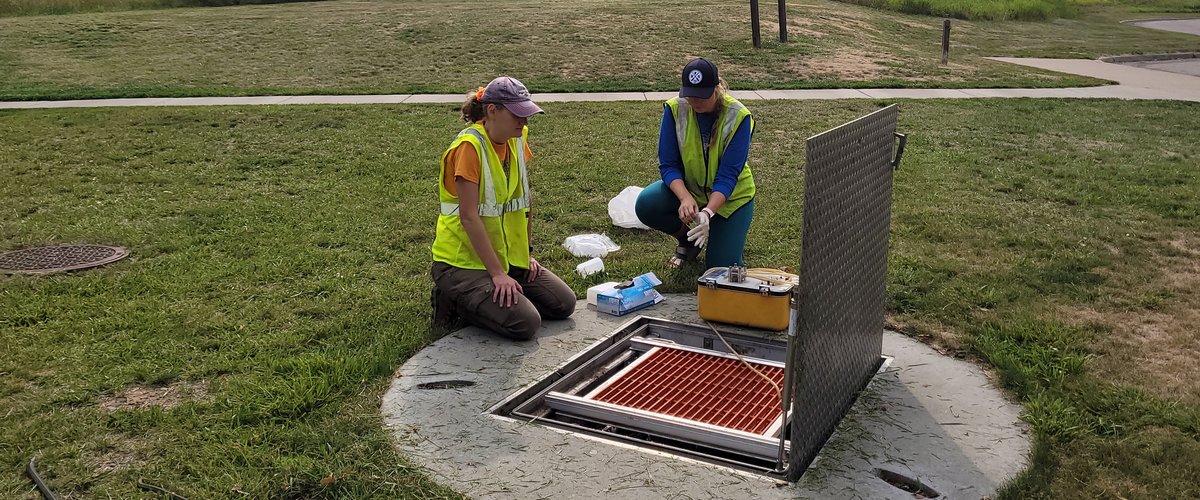Research is a critical part of the Onsite Sewage Treatment Program (OSTP) and includes evaluating unique waste streams such as contaminants of emerging concern, facilities such as campgrounds and rest areas to evaluate how well they are performing, and how to best limit impacts to the environment and public health. A majority of our research is field based where we are looking to evaluate emerging issues facing septic system professionals, property owners and regulatory programs. These findings are then integrated into the training and outreach activities of OSTP to assure that septic systems installed in Minnesota are evolving to treat decentralized human wastewater in the most effective way.

Unique waste streams
Projects evaluating characteristics and treatment of coffee and soda products, RV and campground wastewater, kidney dialysis, and more:
- Wastewater characteristic analysis of distilled spirits (PDF)
- Coffee and soda products report (PDF)
- RV holding tank treatments report (PDF)
- Campground wastewater report (PDF)
- Kidney dialysis report (PDF)
- Truck wash water reuse report (PDF)
- Flammable waste trap report (PDF)
- Adult care facility report (PDF)
- High strength waste study (PDF)

Milk house wastewater treatment
Results of a six year project evaluating four systems to treat wastewater from dairy milk houses:
- Milk house project overview (PDF)
- Milk house wastewater characteristics (PDF)
- Milk house wastewater design guide (PDF)
- Aerobic treatment unit (PDF)
- Bark beds (PDF)
- Recirculating media filter (PDF)
- Surface irrigation (PDF)

Septic system performance
Research reports from OSTP evaluating the performance and impacts of various septic system types. Locations include Otter Tail County, Stocking Lake Watershed and Rice County.

MnDOT
Reports which document over 10 years of research results with the Water Services Unit.
